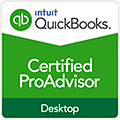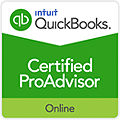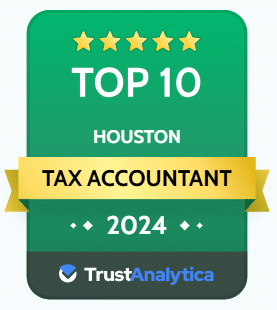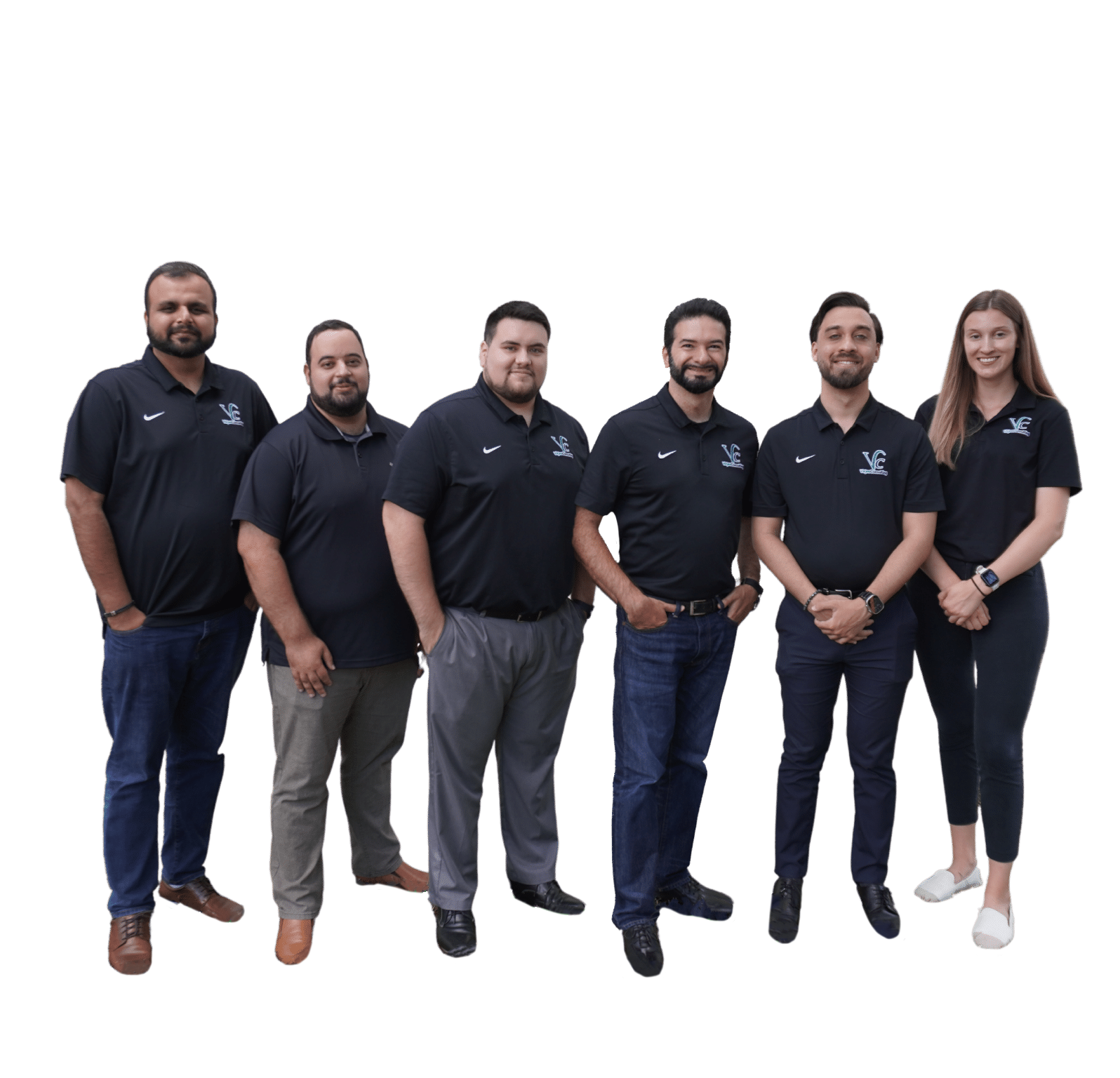Whether or not the number of people working from office buildings returns to pre-COVID levels, one thing appears certain: Remote and hybrid work models are here to stay. Business owners and other managers who rely on individuals who are working remotely full- or part-time are refining and elevating their management skills so that they get the best out of their employees.
While managing remote and hybrid workers bears many similarities to managing fixed-base teams, it also has some unique aspects. Here are several best practices you may want to consider and apply to your own situation, no matter your level of experience in prior management of remote workers.
Make Your Expectations Clear and Simple
Clarify the hours when employees should be available and accessible. Give employees performance goals and metrics that define success in meeting those goals. Lay out clear guidelines when it comes to after-hours work-related emails and text messages. You want employees to maintain a healthy work-life balance, one that prevents burnout, and ultimately, keeps them working at peak capacity for your business.
Communicate Regularly
Employees want to know how they are performing and whether they are on track to meet the goals you set for them. Check in regularly with them and communicate your satisfaction or your concerns about how they are doing. Regular check-ins are important; just be aware that you can overdo it, since too much oversight may be resented by employees who feel they are not trusted. It’s important to keep them in the loop about any changes in company policy when it comes to wages, benefits, job openings, promotion opportunities, and other changes that may impact them.
Depending on the demographic makeup of your remote employees, you may have to refine your communication style. Talk with your employees and solicit their opinions on what works best for them — texts, Zoom calls, or other forms of instant messaging.
Listen Attentively
Closely related to good communication skills is the ability to listen carefully and attentively to what your employees are saying. You want to give them the opportunity to express what they think about their workloads and talk about any stresses or frustrations they may be feeling. When you listen carefully to what your employees are saying, you are communicating trust and respect.
Build a Sense of Community
Some workers thrive in environments where they can interact and engage with fellow workers face-to-face. That engagement is less important to other workers. One of your goals managing a remote workforce should be to build connections to workers who feel isolated and out of the loop. Employees who feel this way typically do not perform at their highest level. By staying in touch and by organizing the occasional virtual — or in-person — get together in which you build connections and a shared sense of purpose with employees, you can create a sense of community that can have a positive impact on employees and their level of engagement.
Embrace Flexibility
A rigid approach to managing your remote employees may be limiting and not as effective as a more flexible approach. For example, once you determine that the work is being completed on time and is of a high quality, you may want to give employees some leeway as to the specific times they are working.
The work world has changed in numerous ways over the past couple of years. Your management approach has to stay ahead of these changes, especially when it comes to remote work, if your business is to continue to grow and thrive.














